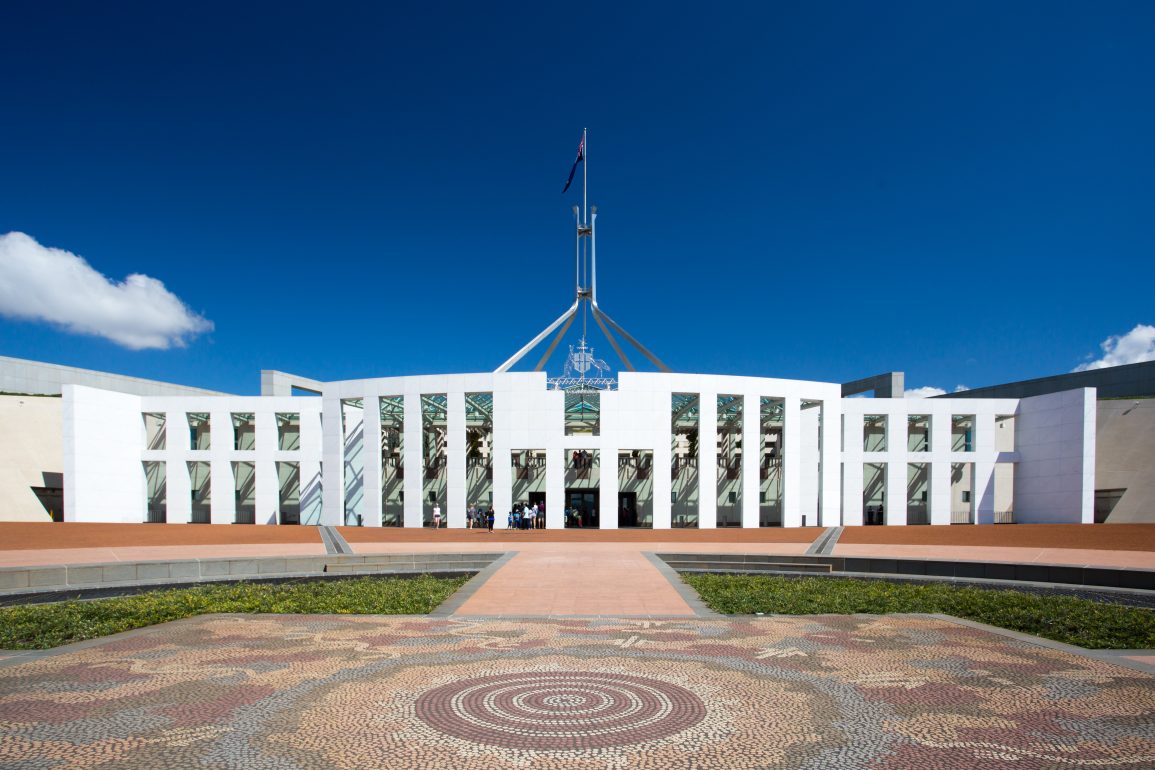It’s time to get it done.
I hear a lot of feedback as an MP. During meetings, at street stalls, down at the shops. Listening to your concerns and acting on them is an important part of my work as your federal representative.
Since I was first elected in 2019, one of the issues that has been raised with me time and time again is integrity. People tell me that they don’t trust politicians. They don’t feel like their Parliament is working in the best interests of our communities.
I want to change that. And that’s why I think the work our Government is doing to introduce a National Anti-Corruption Commission is important.
Our commitment to this was a key plank in our platform at the May election. It was overwhelmingly endorsed by the people of Jagajaga; along with climate change it was the issue brought up with me most often. While the previous government suggested it’s not an issue that voters care about, I certainly found the opposite.
It should have happened long ago; after all, every single state and territory already has an equivalent body well established and doing important work to hold those in positions of power to account.
And that’s why as soon as our Government was elected, we got to work in preparing to legislate for a National Anti-Corruption Commission.
The Commission has been designed with important principles at its core, including:
Broad jurisdiction: the power to investigate ministers, public servants, agencies, MPs, staffers and any person whose conduct adversely affects the exercise of a public official’s functions.
Independence: the Commissioner and their deputies will serve fixed terms, and have the discretion to launch inquiries of its own initiative or to respond to referrals, including from whistleblowers and members of the public.
Oversight: a multi-partisan statutory committee of the Parliament will be able to require the Commission to provide information about the work it is doing.
Retrospective powers: it will be for the Commission, not Parliament or anyone else, to decide to investigate allegations of serious or systemic corruption, whether these occurred before or after the Commission’s establishment.
Public hearings: the Commission will have the power to hold public hearings where they determine it is in the public interest and there are exceptional circumstances to justify it.
I am confident that these principles and the $262 million our Government has committed over four years to get it up and running will finally deliver the National Anti-Corruption Commission that Australians deserve; one that will tackle corruption and help to restore integrity and trust.
It’s a well overdue reform, and one that our community has been calling for. I’m proud to be part of the Albanese Government in finally getting it done.






